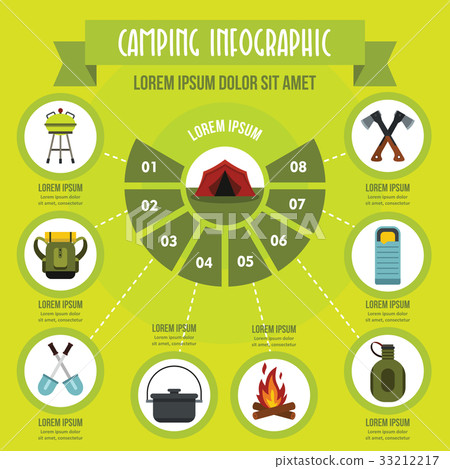Top 5 Wall Tent Brands You Should Know
The Advantages and disadvantages of Cotton Vs Polyester CanvasPolyester fabric finds a varied series of applications throughout the garment industry. Whether you're an artist searching for a stable paint surface area or a supplier seeking strong decorative products, polyester canvas supplies the ideal balance of stamina, versatility and environmentally friendly high qualities.
Nevertheless, some individuals like cotton for its breathability and soft qualities. Garment designers might wish to think about a 50/50 Cotton/Polyester blend for jobs that need both sturdiness and convenience.
Expense
Cotton canvas is a lot more costly than polyester as a result of its resource-intensive farming procedure. It likewise requires cautious handling and storage to preserve its quality with time. These included expenditures can increase the general expense of production for artists and producers.
One more drawback to cotton canvas is its susceptibility to fading and damages from UV direct exposure. This can cause minimized color vibrancy in time and a loss of architectural honesty, specifically in locations that experience constant call or heavy load-bearing.
In comparison, polyester is an artificial fiber that's crafted for uniformity and toughness. This makes it a much more cost-efficient selection for producers and buyers, specifically in locations where longevity is a leading concern. The material's strength additionally supplies enhanced resistance to wrinkles and cracking in time. The synthetic nature of polyester, nonetheless, can leave a bigger environmental impact than cotton canvas if it's not sourced from natural or low-impact systems. This is an essential factor to consider for organizations striving for sustainability and eco-conscious branding.
Longevity
In the marketplace for canvas rolls, purchasers face a wide array of choices with completing concerns. Cotton uses all-natural texture and breathability, suitable for brand names concentrated on sustainability and craftsmen workmanship. Polyester, on the other hand, supplies a well balanced combination of strength and stability and printing performance with shade vibrancy and durability.
Eventually, the textile you choose for your products need to mirror the leading concepts of your brand story and worths. While cotton can provide a premium visual, it's also susceptible to shrinking and maintenance expenses, while polyester allows far better manufacturing performance and long-term cost effectiveness.
Both textiles are durable and execute well in moist family camping environments, yet their different top qualities make them ideal for various applications. Cotton canvas is extra breathable, lowering the threat of mold and mildew and mold in locations with high humidity. Polyester, on the other hand, is water-resistant and dries quickly in environments where moisture can be bothersome. This can lower the threat of dampness accumulation in the material, stopping warping or rot in your product over time.
Convenience
When examining material options for your brand-- whether you're beginning a workwear line or a relaxing loungewear brand name-- the kind of cotton or polyester canvas you select influences exactly how your products look, really feel, and use. While all canvas kinds support print-on-demand and use high form stability, they vary in color presentation and printing durability, convenience, and sustainability.
Cotton and cotton-polyester blends supply a soft appearance, all-natural organic look, and exceptional warmth equilibrium contrasted to synthetic alternatives. Cotton's fibers wick dampness far from the skin and allow heat to run away, making it excellent for garments that needs prolonged wear in warm settings.
On the other hand, polyester's synthetic nature and petroleum-based production procedure have an adverse energy balance, which can make it less eco-friendly than cotton in the long run. Polyester's abrasion resistance and water-repellency are superb, nevertheless, which makes it the excellent option for heavy loads or harsh climate condition like rainstorms or aquatic settings.
Ecological Effect
Whether choosing cotton or polyester, the suitable material for personalized production depends on item performance goals. Toughness, sturdiness, and longevity are all important elements when designing items that will sustain repeated abrasion, heavy load-bearing, or high stress and anxiety points. Water resistance, joint stability, and UV security are likewise critical to lasting success in outdoor and wet atmospheres.
While both textiles can do well in these areas, their ecological impact is a little different. Cotton's all-natural, breathable building calls for considerably more sources for cultivation than polyester's artificial fibers.
When choosing an ecologically sustainable material, consider a large range of impact assessment techniques to gauge the complete environmental impact of your item. Some focus on certain impacts (like worldwide warming potential, water use, and deficiency) while others rely on even more holistic assessments like Dish, ILCD, CML, and Eco-indicator 99.
